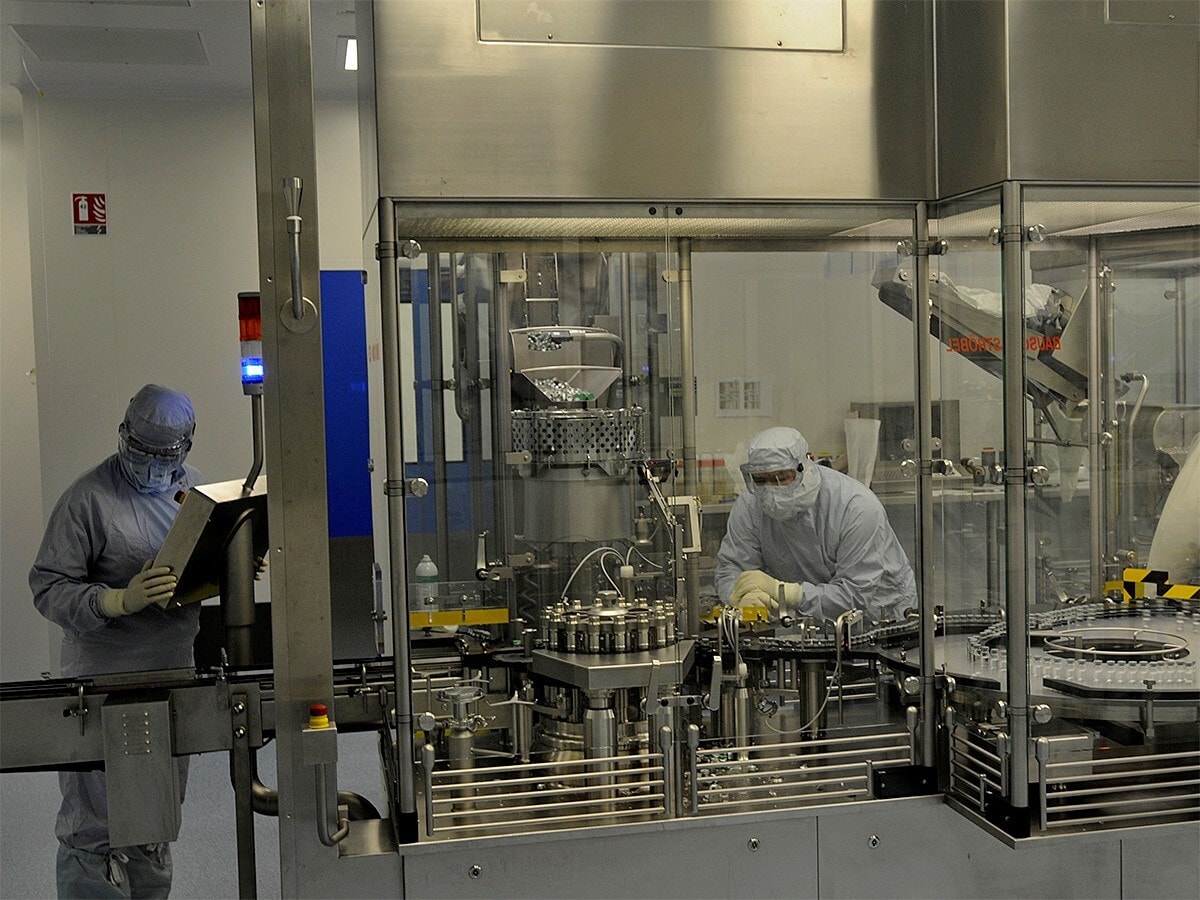French pharmaceutical company Sanofi [SNY] has decided to ditch its mRNA-based COVID-19 vaccine candidate, which it inherited as part of its recent acquisition of long-term partner Translate Bio, in an all-cash deal worth $3.2bn that was finalised on 14 September.
The news had little effect on the share price. As of its last close of $48.60 on 7 October, the stock was up just 0.02% year-to-date. Nor did it impact competitors like Pfizer’s share price or Moderna’s stock significantly.
Sanofi’s announcement comes in the wake of a rising debate about the longevity of the mRNA vaccine and alternate anti-viral treatments for COVID gaining popularity.
The decision follows the success of other mRNA vaccines brought to market by its competitors, including Moderna [MRNA], Pfizer [PFE] and BioNTech [BNTX]. The latter two companies worked together to produce their vaccine and have so far delivered approximately 1.5 billion doses around the world.
“Taking into account public health needs and given sufficient mRNA COVID-19 vaccines supply can be expected going forward, Sanofi has decided not to pursue the development of its COVID-19 mRNA candidate into a Phase 3 clinical study,” the company said in a press release.
“Taking into account public health needs and given sufficient mRNA COVID-19 vaccines supply can be expected going forward, Sanofi has decided not to pursue the development of its COVID-19 mRNA candidate into a Phase 3 clinical study” - statement from Sanofi
What is Sanofi’s plan?
Sanofi will instead “focus on completing the final development steps of its COVID-19 recombinant vaccine, developed in partnership with GSK [GSK]”. Despite stepping back from its mRNA candidate, evidence suggests that the breakthrough vaccine technology is “superior to the other formulations in widespread use,” Bloomberg reports.
It’s worth noting, however, that there haven’t been any clinical trials directly testing the efficacy of mRNA inoculations against the more conventional vaccines. While mRNA vaccines have been very effective in fighting COVID-19, the technology as a whole is still in its infancy.
Is Sanofi being sensible?
Almost surprisingly, the announcement that Sanofi would drop its mRNA COVID vaccine followed positive Phase I/II study interim results. However, Sanofi said that results have encouraged the company to use the technology to develop medicines that could fight other diseases, such as influenza.
“The results are extremely important as they show us that the platform we acquired works,” Thomas Triomphe, head of the Sanofi Pasteur vaccines division, according to Reuters. “Would it, responsibly, be the best use of this wealth of science afforded by mRNA vaccines to make a COVID-19 vaccine and try and bring another mRNA COVID-19 vaccine to people who already today may not want an mRNA COVID-19 vaccine? Clearly not.”
“Would it, responsibly, be the best use of this wealth of science afforded by mRNA vaccines to make a COVID-19 vaccine and try and bring another mRNA COVID-19 vaccine to people who already today may not want an mRNA COVID-19 vaccine? Clearly not” - Thomas Triomphe
Regardless of the effectiveness of both Pfizer and Modern’s mRNA vaccines, both companies are developing boosters that are more tailored to fighting the Delta variant. While it’s not yet known whether a third dose will be necessary, both companies are preparing for a scenario where it is and the third jab of either vaccine will increase the number of antibodies.
In fact, Pfizer claims that people who have been given a booster at least six months after their second dose had five to 10 times more antibodies than they did after the initial two doses.
How have stocks been affected?
Sanofi’s share price, which has had a tumultuous 2021 so far, experienced its sharpest fall this year when it went from closing at $52.60 on 2 September to close $48.32 on 10 September. The fall marked a loss of 8.14% over six trading days.
On the other hand, Pfizer’s share price, which reached an all-time high earlier this year when it closed at $50.42 on 17 August, had already been falling to close at $42.74 on 7 October. That said, the fall may have been marginally offset by Sanofi’s news as it closed 0.13% higher the day following the announcement.
Meanwhile, Moderna’s share price — which at its peak was up an impressive 363.74% up year-to-date when it closed at $484.47 on 9 August — fell 7.9% in the three trading days leading up to the announcement. It continued to tumble, closing at $309.36 on 7 October.
Investors will be keeping an eye on Sanofi’s share price as the company expands its use of mRNA technology to develop new vaccines for non-COVID diseases..
Continue reading for FREE
- Includes free newsletter updates, unsubscribe anytime. Privacy policy





